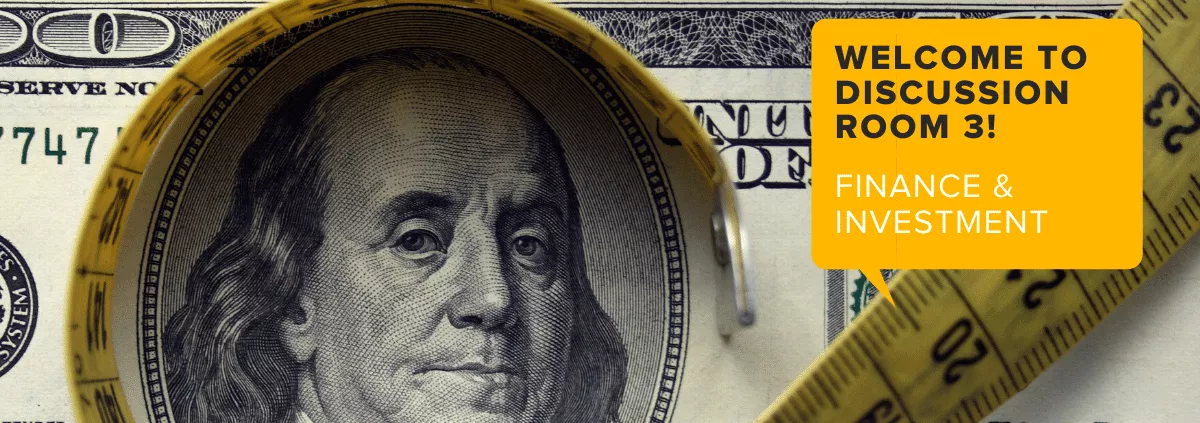The Thematic Discussion rooms are now closed. Thank you to everyone who participated in our consultation, we will be sharing the summaries and the key results shortly. The Networking Lounge and News Room will remain open, please check back for more updates.
You are now in the Discussion Room for Energy Finance and Investment.
| To automatically translate this content into Russian, use the "Select your language" link at the top of this page. Pour traduire automatiquement ce contenu en français, utilisez le lien "Sélectionnez votre langue" en haut de cette page. Para traducir automáticamente este contenido al español, use el enlace "Seleccione su idioma" en la parte superior de esta página. 若需 将 该页 内容 自动 翻译 成 中文 , 请 点击 页面 顶部 的 “选择 您 的 语言” 链接。 لترجم إلى اللغة العربية ، استخدموا الرابط "اختر اللغة" في أعلى الصفحة. |
The context
This Discussion Room addresses how public and private investment can rapidly be mobilized and leveraged to reach SDG7.
Over the last year, many of the planet’s largest economies and companies have announced that they aim to bring their emissions down to net-zero by the middle of this century or soon after. Making economies carbon-neutral by 2050 is a huge undertaking bringing many challenges. At heart, it is an energy challenge, as the energy that powers our daily lives produces three-quarters of global emissions.
A total transformation of our energy infrastructure is required — a worldwide undertaking of unprecedented speed and scale. As with the achievement of energy access goals, this calls for decisive action over the next decade.
Rising climate ambitions add to the significant momentum behind investment in clean energy. Furthermore, in 2020, the COVID-19 pandemic exposed the severe vulnerabilities and structural inequalities resulting from chronic under investments in energy access in developing countries. Health facilities are under-energized and unable to deal with increasing numbers of patients from the pandemic, while critical equipment, handling and distribution of vaccines is hampered by lack of access to secure and reliable energy.
As economies recover from the shock of the pandemic, a focus on clean energy investment offers a huge opportunity to stimulate economic activity, provide reliable clean energy employment, and put global emissions into structural decline. In order to mobilize public and private investment, all actors will need to enhance their capabilities and design policies and financial structures that appropriately allocate and manage risks, and address the barriers which inhibit investments in given sectors and countries.
What is the overall goal of this consultation?
To hear from young people on how public and private investment can rapidly be mobilized and leveraged to reach SDG7, where Governments need to strengthen their partnerships, how to engage the private sector and what the role of youth is in driving this agenda forward.
|
Questions 1. INCREASING INVESTMENT
2. CHALLENGES
3. REGULATIONS
4. PUBLIC SPENDING
5. END-USER RELIABILITY
|
For background information, please read the official materials uploaded by the HLDE Secretariat:
- Concept Note
- Secretariat Summary of the First Meeting
- Annotated Outline of Thematic Report
- IISD: First Meeting Summary
Our lead moderators who will be preparing recommendations for the Technical Working Groups are:
- Ms. Anunya Bahanda , Intern, Savo Project Developers
- Mr. Filip Koprčina, Founder, Energy Shift
- Mr. Wenhao Sun, MPA Candidate at Columbia University, Energy Dialogue Speaker at Youth Summit.
Rules of Engagement:
- This discussion is open to any young person between 16-30 years
- Please be respectful of each other and the moderators
- Please respond to the questions posted by the moderators
- Let us know which question you are answering in your comments.
- You may post anonymously
- You may post in any language, SparkBlue has a live translation feature
- Click follow at the top of the page to receive notifications.

Dear All,
On behalf of myself and my colleagues, Anunya Bahanda and @wenhao, I would like to thank you for your contributions, opinions and feedback to the discussion in this group on Finance and Investment. This consultation is officially closed with this message.
In my opinion, this group had one of the most important tasks, and a really tight schedule in which we had to provide written input on recommendations proposed in the draft. While the consultations were officially open until 30th of April, the deadline for sending written input for this group was until Saturday, the 17th of April, giving us only 5 days to brainstorm, discuss and provide feedback. In the written input I included all of the useful feedback, your opinions and comments, that arrived until the evening of Friday, the 16th of April. Unfortunately, we were not able to include the additional feedback that arrived after designated time because of the procedures are limited time. However, I will save the feedback that arrived after the deadline, and try to include in the further proceedings if possible.
Next Steps and timeline for this Technical Working Group
3 May – Executive Summaries of all Theme Reports shared for review by all TWG members. TWG members are invited to review all Executive Summaries to facilitate cross-thematic synergies.
7 May – Deadline for written comments on Executive Summaries
17 May – Final draft of TWG reports, including revised Executive Summaries, shared with all TWG members. (TWG1 report to be shared by 10 May)
Week of 17 May – Final TWG Meetings (TWG1 to meet in the previous week)
If you would like to reach out to me or stay connected, you can add me on Linkedin.
Many Thanks,
Filip Koprčina